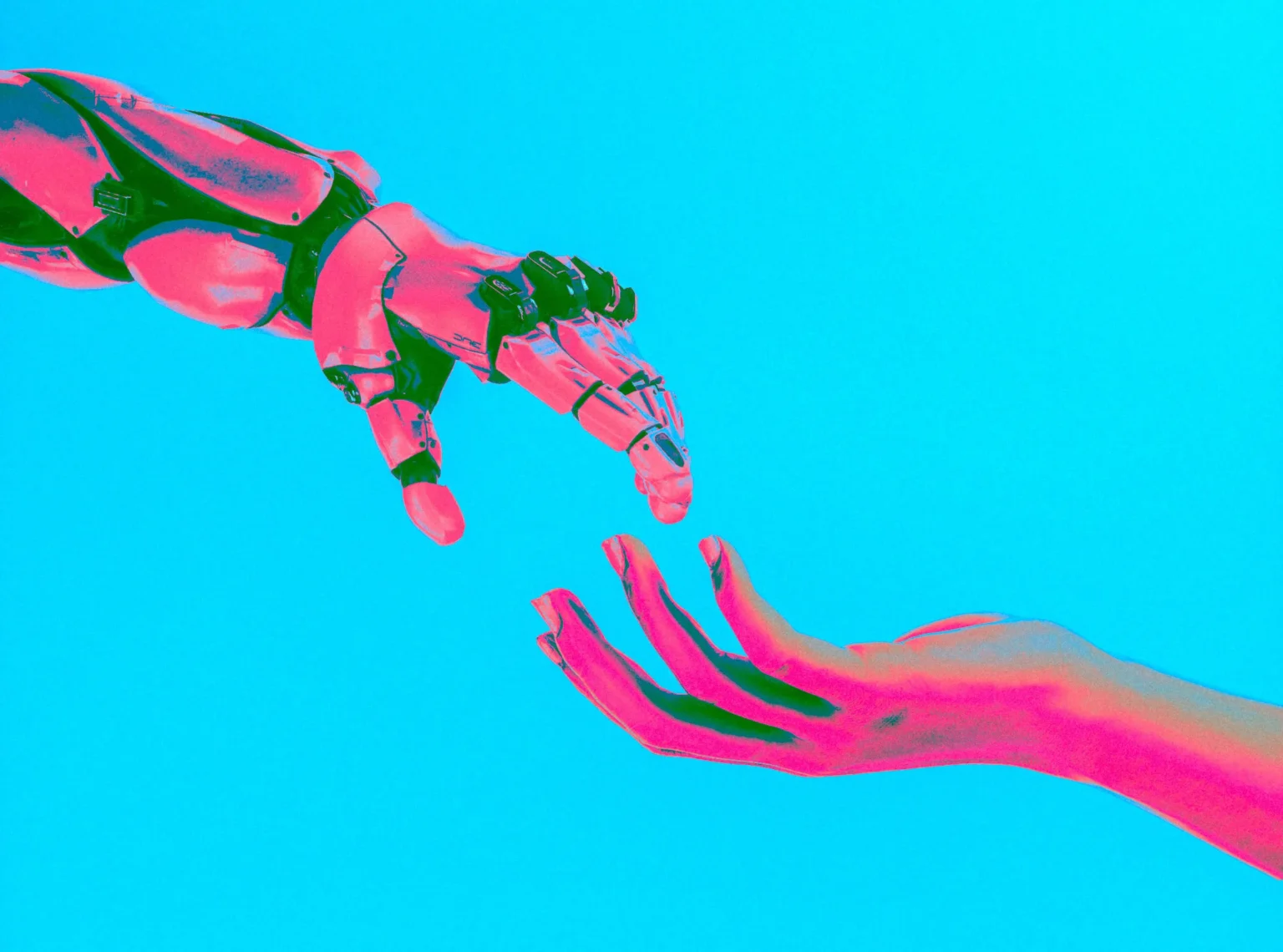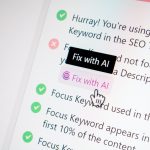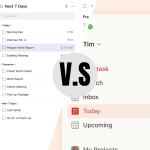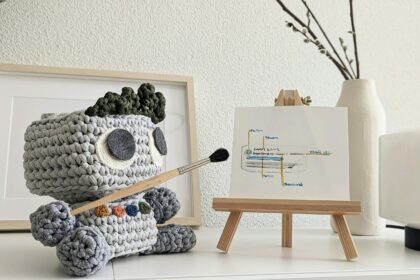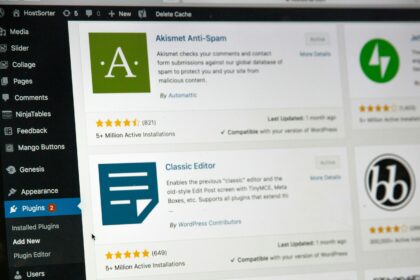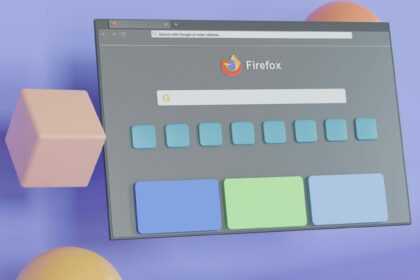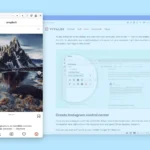Here it is folks; Artificial intelligence, now playing an important role in our daily routines, it’s not a movie fantasy anymore. It’s here, stronger than ever, creating humanity’s first steps into a smarter AI-powered technological world, for which future people will read.
As many of us are already afraid, AI is probably going to replace a whole bunch of jobs in the near future, and I can even safely say that there’s a future not far away where AI robots could even replace doctors, firefighters, and even the army at some point. Looking at the statistics by many companies that are trying hard to predict what the cost of using AI technologies will be in the near future, things aren’t looking good.
Things got serious with the release of OpenAI’s ChatGPT
When OpenAI released ChatGPT on November 30, 2022, an AI chatbot that can write poems, articles, and books, and answer complex questions, I immediately went to try it. You could feel from ChatGPT’s first reply that AI was gonna rule the tech world, and searching the web and using it for complex questions would be forever changed.
But it wasn’t until OpenAI released GPT 3.5, which was even smarter and provided better answers to more complex questions. And then GPT-4 was released, making the AI chatbot even smarter. Now, a few months later, people already talking about how artificial intelligence is going to change the world forever, replacing their jobs.
Apart from many different individuals talking to me about the experience they had using Bing AI and ChatGPT, and how the AI chatbot can write code nowadays, and probably replace my job sooner or later as a web developer, even my brother is now questioning his own future in the tourism business management field. He already started taking crash courses and learning anything related to tech that can help him grab a position in a company when the time comes.
As a web developer with more than 15 years of experience, even I started to question how quickly AI is going to replace me as a developer. Although the currently available large language models (LLMs) such as GPT can easily write code, they are still unable to go deeper and create something truly professional and complex.
As of this moment of writing, ChatGPT is pretty powerful and it’s making my life as a developer easier by debugging my code and providing solutions to common errors. But creating a professional website using it? Nah, it’s a pain you’d want to avoid for the time being.
But how about in future? Let’s say in 5 to 10 years from now, how are things going to look like? Well, for starters, in my own field as a web developer, I can see new tools such as page builders providing people a way to automatically create professional and complex websites just by writing or speaking their thoughts, ideas, and personal preferences.
Looking at some serious statistics about the future of AI
The other day I was looking at the latest job loss research summary by Zippia, and I was amazed by the end results. After completing an extensive research, their data analysis team concluded that half of all companies currently utilize AI in some fashion, and AI could take the jobs of as many as one billion people globally and make 375 million jobs obsolete over the next decade.
If you haven’t read their research, you should absolutely check it out. They even went further and broke down the data in different ways, including the types of jobs affected and the worker attitudes.
But Zippia is not the only place where you can read about how AI is impacting our world. You can also check Statista’s statistics about the global impact of the number of jobs created and eliminated due to artificial intelligence. It is forecasted that 2.3 million jobs will be created while 1.8 million will be eliminated by AI as of that time.
Would you believe me if I told you that all of those statistics could quickly be increased based on the number of new large language models, AI-powered tools, services, and apps released? As of this moment, we are still at the very beginning of a very different future, in which artificial intelligence is expected to change and replace tons of various things that we used to do by ourselves.
AI is not replacing people’s jobs, people do!
I’ve seen and heard from many people that artificial intelligence is doing more wrong than good. But the thing is, AI itself is not replacing your job or the way you work, people do. If you work in a company which started to use AI tools, or already replaced some of their stuff in favour of artificial intelligence, you only have to blame them for doing those changes, not AI.
As AI keeps evolving, making all things automated, and becoming smarter and faster than a human being, companies will rush to use those tools to save time and resources. And as more companies start to use AI-powered tools and systems, the bigger the competition will be for catching up faster and providing the same functionalities.
So next time you see another job getting replaced, instead of blaming AI, blame the people. Blame the companies that are replacing and firing their staff, and not AI itself for being useful at quickly resolving problems while providing answers to complex questions. Blame the companies who don’t respect people’s lives, and blame the people who owned them and took matters into their own hands. But you can’t, can you?
“Every company has the right to fire their staff and replace their jobs with AI technologies, and that move will probably save them both time in production, with more automated systems and fewer problems caused by human error,” a client told me while we had a meeting in Skype to schedule our brand new redesign for his e-commerce store. “By using AI tools we didn’t just increase our revenue by having fewer people working in our company, we also saw an increase in the production speed”, he continued.
I’ll leave you get an idea of what most of my clients are thinking as of this moment. And bear in mind that we are still at the starting point of seeing artificial intelligence evolving and becoming smarter and smarter day by day.
Artificial Intelligence is evolving faster than we can handle
I’ll go as far as to say that, at the time being, artificial intelligence is evolving faster than most people and businesses can handle, making their lives so much more complicated. Companies already started to fire and replace their staff with AI, and more tools are in the way that have been designed to change from simple things that we, as humans, do in our everyday lives, to the biggest innovations yet.
With a smile and a positive attitude, a young girl who just got her degree told me that she already started questioning on the future of her work industry. “Having a degree means nothing if your job is going to get replaced by artificial intelligence anyway,” she told me and started laughing. She’s right, isn’t she? We’re now living in a world where technology is evolving so fast, that most people can’t even handle the changes that are coming their way.
So the question is; What are you going to do when AI starts impacting not only your industry but various industries over the next few decades? Well, the best thing you could do, based on my own personal opinion, is to focus on gaining new skills that will help you quickly adapt to the fast-changing job market.
And yes, that means learning everything there is to know about how AI works, what are the most popular tools currently being used by most companies, and what skills can help you get a safe position that won’t get impacted by artificial intelligence anytime soon.
I’ll keep this post alive by updating it and providing more insights, tools, and statistics as AI rapidly evolves and gets into our lives.
But I’d love to know more about your personal opinions on this matter and what you think the future will look like in a few decades from now. I would also love to know if you think AI is going to replace your work field and if it has already impacted your life.
Use the comment system below to share your experience, thoughts, and personal opinions.


